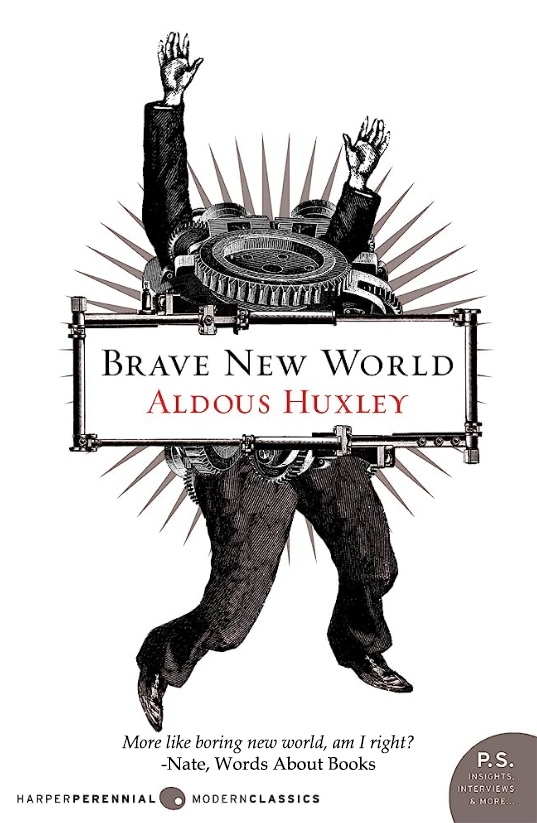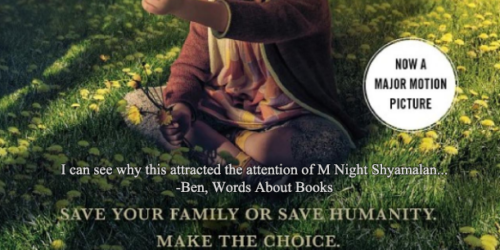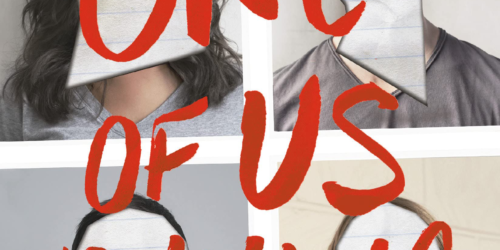Ben’s Thoughts on Brave New World and School Literature

Recently we covered Brave New World on the podcast. This book was voted on by our patrons. The theme of the poll was “school books”. By that we mean: books that we were assigned to read during high school. Around the time we did this episode, I happened to read this article in The Atlantic entitled Why Kids Aren’t Falling in Love with Reading.
In the article, Katherine Marsh who is a writer of children’s literature, argues that children are not falling in love with literature because of the way we teach literature to children. Marsh believes that we train children not to view books as “fun” but rather as “assignments.” We grade children based on comprehension, ability to discern fact from fiction, etc. She points out that children are often asked to answer questions based on selections from the text rather than the whole text. Marsh will go on to list several books that are, quite frankly, very boring, as examples of the kinds of books children should be falling in love with.
I have two main gripes with these sorts of arguments. The first is that I do not necessarily agree that it is the goal of school to instill in everyone a love reading. I would not say that I “love” reading. The second gripe is that these arguments often fail to address the fundamental issue: assigned books are assignments. We don’t typically “fall in love” with our assigned tasks, or we wouldn’t need to be assigned them.
I do not believe the right question to ask is “why aren’t kids falling in love with reading?” Children perform the technical skill of literacy all day, every day, in front of a screen. They do not mind the action of of reading. What children aren’t as keen on is reading novels. It is not self-evident to me that this is a problem. Most children, for most of human history, did not spend much time reading novels. Children have always, and will always, love stories. It’s strange to me how children don’t need to be taught how to love any other media, except for the novel.
This brings me to Brave New World. I was assigned to read Brave New World in high school in 2006. I remember the classroom discussions of Brave New World only vaguely. I remember a general air of anti-consumerism. I remember being asked what I thought Huxley was trying to warn us about. I remember being able to tell from the novel that Huxley obviously thought we would lose something of value if we created a society incapable of feeling emotional (and physical to an extent) pain. I remember telling my teacher what they wanted to hear and collecting my A.
I also remember it being a very awkward book to have a serious conversation about as an 18-year-old sitting in a classroom filled with other 18-year-olds. I assume that my teacher wanted me to pretend that I would have been utterly repulsed by an invitation to an orgy with people who are biologically designed to be hot and horny. I lacked the necessary life experience to even come close to relating to what Huxley was trying to tell me in Brave New World. All I knew was that the book seemed to be arguing that if people were encouraged to adopt a more hedonistic lifestyle, then eventually it would lead horrible eugenic experiments and the death of the human soul.
The common theme with every book we read in high school was that it meant much more to the teacher than it meant to us. Brave New World was not of my time. It was not relevant to me. It was addressing issues which are universal in only the most abstract sense. Every story written by a human being for a human being is going to have themes that are universal. The selection of Brave New World is entirely arbitrary and based more on academic nostalgia than any thought that the students might enjoy it.
I looked up several high school reading lists in preparation for this post. The newest book on all except one of them was 20-years-old. I understand that this not something that teachers have much control over. I understand that it is difficult to sell a school board on a book that came out last year, because no one running for election to a school board has read a book in the last year, or the last 10-years. So I ask again, why do we expect schools to save the novel?
We do not needs schools to teach children to like films, video games, music, the visual arts, or sports. Children seem to seek these things out on their own. Schools can teach children more about them, but they don’t teach children to love them.
It is my firm belief that assigned novel reading in compulsory education achieves very little. There is a certain kind of personality that can learn to love their assignments, and it isn’t the kind of personality that rebels against their dystopian government.





